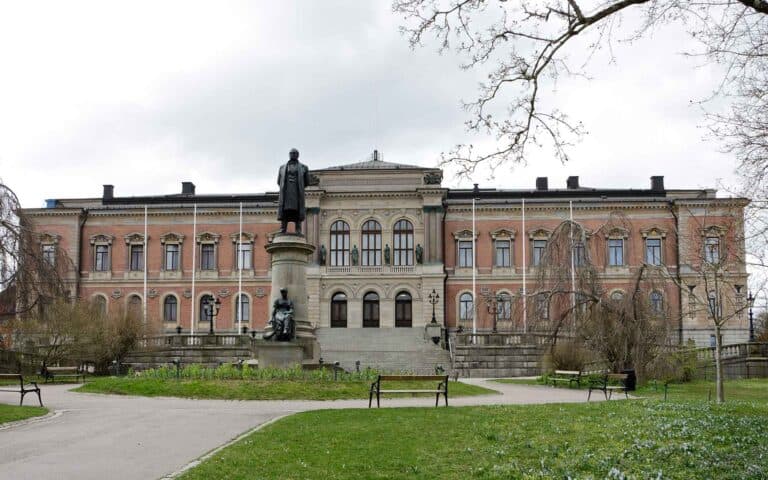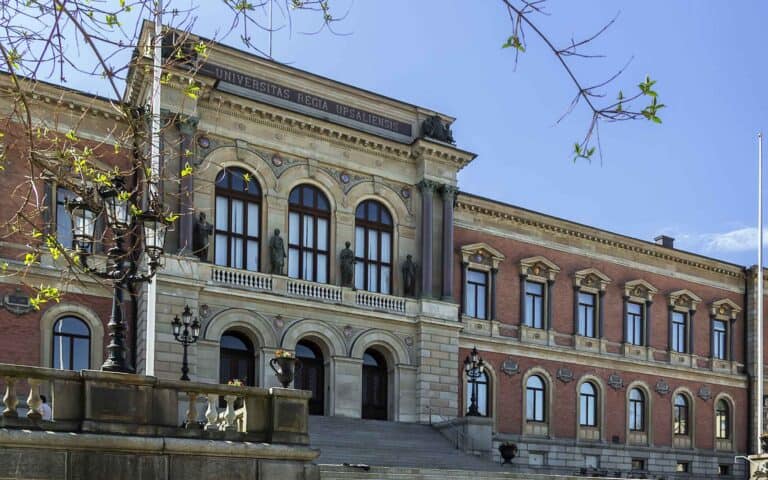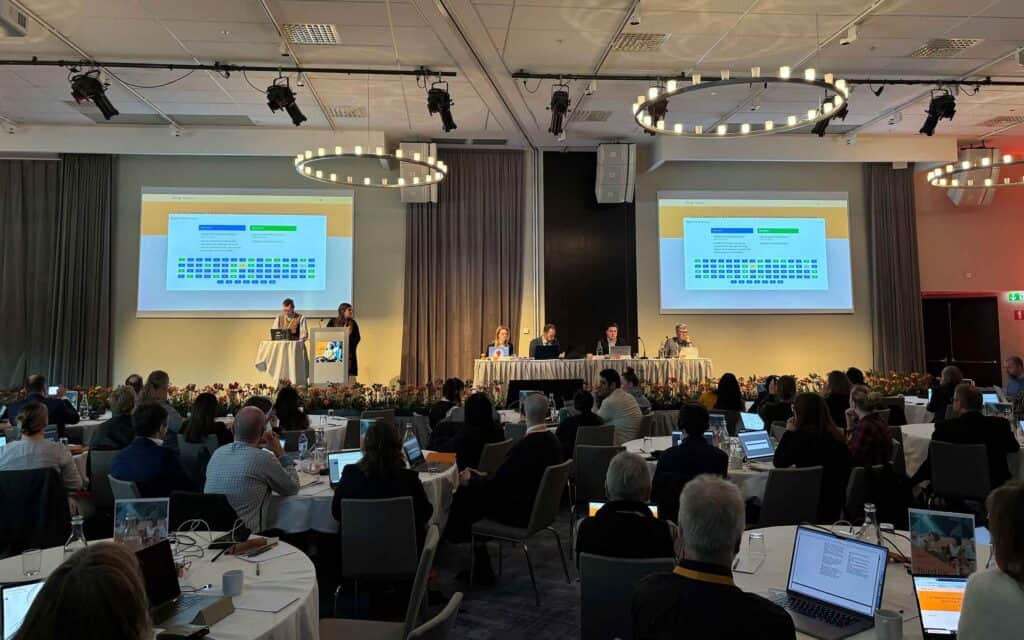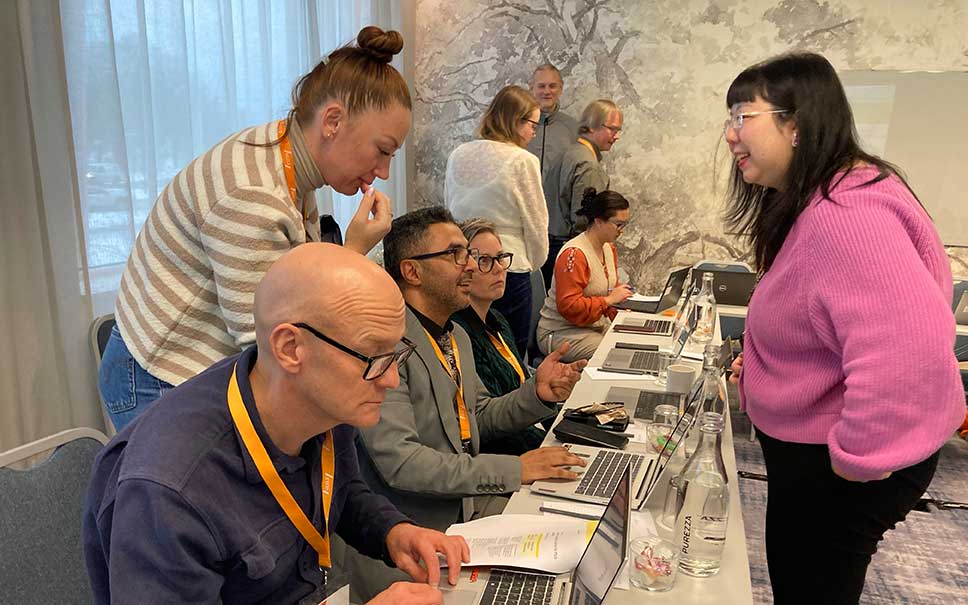In an opinion piece in Universitetsläraren, Academics for Palestine Uppsala once again asks why Uppsala University has not ended all collaboration with Israeli universities and why the Vice-Chancellor has not taken a stand against Israel’s actions.
First and foremost, I want to be clear that Uppsala University will always stand up for human rights, freedom of expression and academic freedom. As we have also stated in previous discussions with Academics for Palestine Uppsala, the university distances itself from the human rights violations and the indiscriminate killing of civilians, women and children taking place in the conflict between Israel and Hamas in Gaza. The destruction of civil society is appalling.
That being said, Uppsala University’s fundamental principle is collaboration. We believe that collaborating, even when that proves difficult, is the path that will lead to positive change and development.
At the University-wide level, Uppsala University has a collaboration with an Israeli university that currently involves one student. There are several more at the departmental and individual level. As Vice-Chancellor, I have no interest in directing the collaborations of individual subject departments or researchers.
The parallel claimed by Academics for Palestine with the situation following Russia’s invasion of Ukraine is seriously flawed. Together with other public authorities, we were given a clear mandate by the government to end all collaboration. The University’s position against the Russian invasion was preceded by the Swedish government’s condemnation and discussions at bodies such as the Association of Swedish Higher Education Institutions.
It was thus a common position of all Swedish universities and many European ones following decisions by their respective national governments. Moreover, universities in Russia clearly signalled their loyalty to the regime and Putin.
But as a university, we must also learn from experience and from the past. Should we have reacted differently in 2022, or used different wording?
When collaborations are broken off, critically thinking academics risk being left in a vacuum. Looking back, we can see that we could have been clearer in emphasising that there are still many important contacts with individual researchers and academics whom we do not want to leave alone and isolated.
In a polarised world, nuances are easily compromised when generalisations and black-and-white messages are trumpeted. In retrospect, we should have stood up more clearly for the nuances.
In any case, we are firmly convinced that we as a university want to defend democracy and academic freedom by all means at our disposal. There will be those who think that the University should act differently in various situations – and we will always stand up for the democratic right of others to have a different opinion.
We feel great loyalty to our academic colleagues and believe that higher education and research create wiser societies.
Anders Hagfeldt
Vice-Chancellor, Uppsala University




















